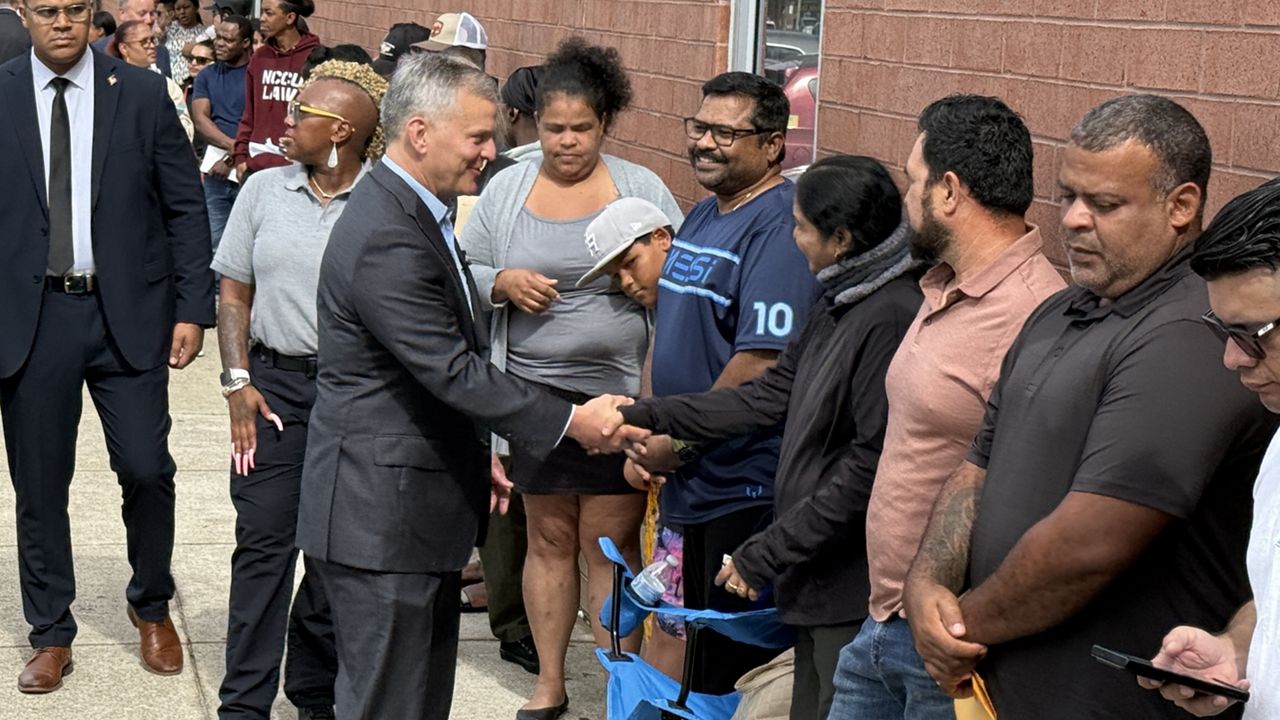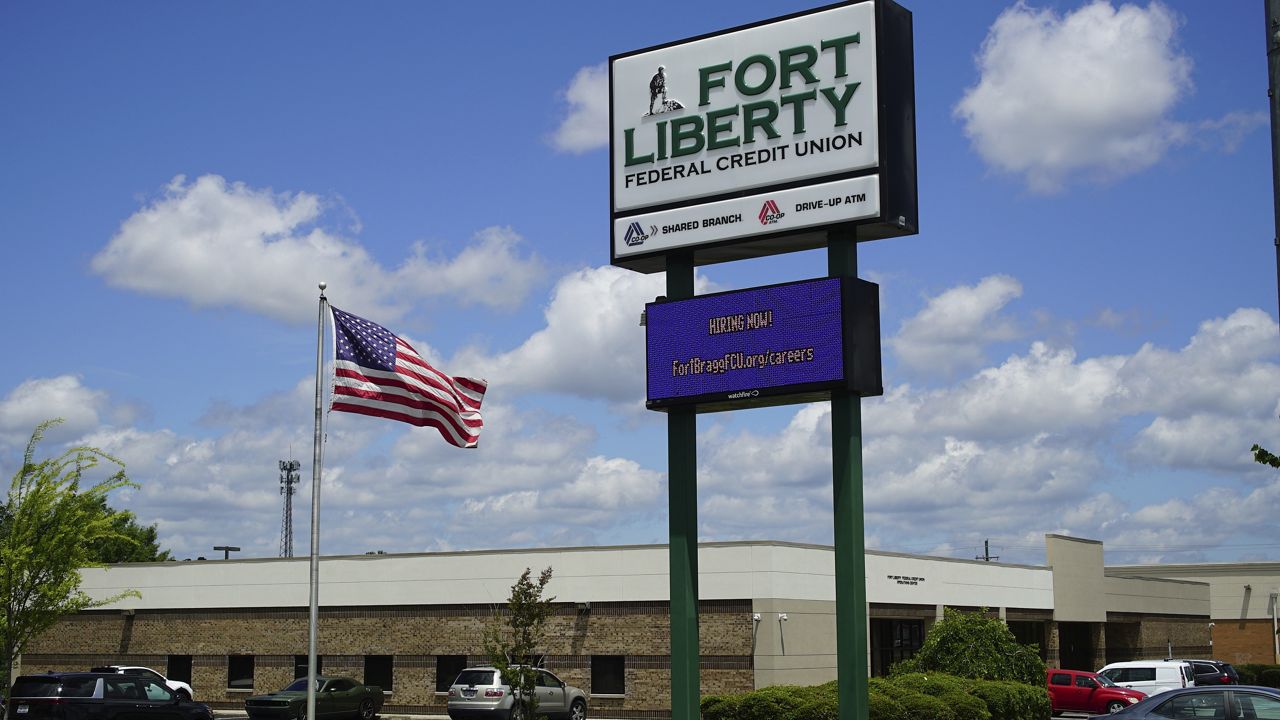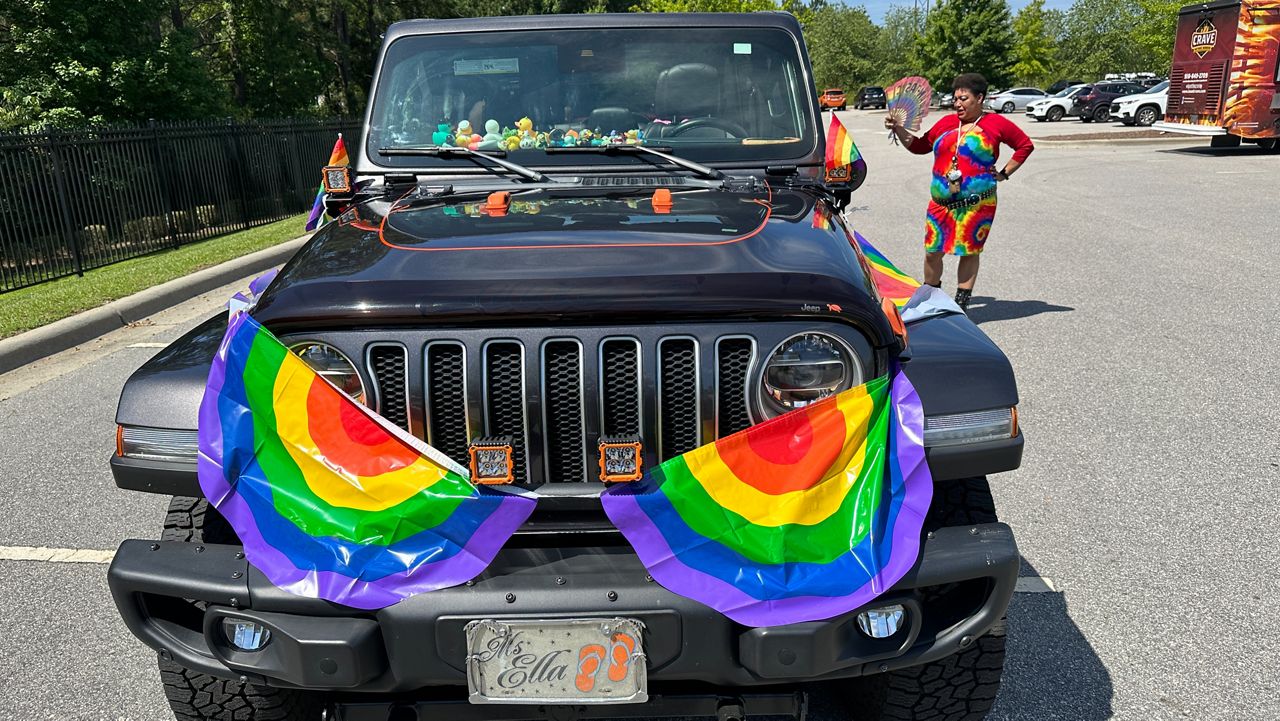There’s mixed news on the trio of respiratory viruses that have been making people sick around North Carolina. The number of flu and RSV cases appears to be dropping, but COVID is picking back up, public health data shows.
The flu got started early this year, circulating through classrooms, workplaces and other public spaces beginning in the fall. Respiratory syncytial virus, known by the acronym RSV, also spiked before Christmas, but COVID numbers remained low. Now, data shows, COVID appears to be coming back up in North Carolina.
“Influenza, in the last 4 weeks, is still at relatively high levels. But it has been dropping in the last four to six weeks,” said Dr. David Weber, with UNC Health. But COVID is another story, he said, with “increasing cases, hospitalizations and deaths over the last four weeks.”
“Across UNC Health’s hospitals, we now have about 325 COVID positive patients. That’s a big jump from mid-Nov, when the total fell to about 80,” UNC Health spokesman Alan Wolf said.
UNC opened a special unit in November to deal with the surge of kids sick with respiratory viruses, like the flu and RSV. But the hospital was able to close that unit over Christmas as the numbers fell, Wolf said.
Weber said the new increase in COVID cases is due to two factors: “The holidays, Thanksgiving, Christmas, New Year’s, with increased travel, increased mixings, family gatherings, religious gatherings, as well as the proliferation of a new subvariant.”
That new subvariant is still part of what Weber called the “omicron class” of COVID-19.
The increasing COVID numbers are not just showing up at UNC Health. Public health officials around the state have warned case numbers going up after the holidays.
“We have seen an increase in COVID-19 this week, much like we have seen the last couple of years,” New Hanover County Pandemic Operations Manager Jon Campbell said. “We are in the part of the year where respiratory virus cases increase as people spend more time indoors and take part in more social gatherings.”
New Hanover County is one of the 68 counties in North Carolina now facing a high risk of community spread.
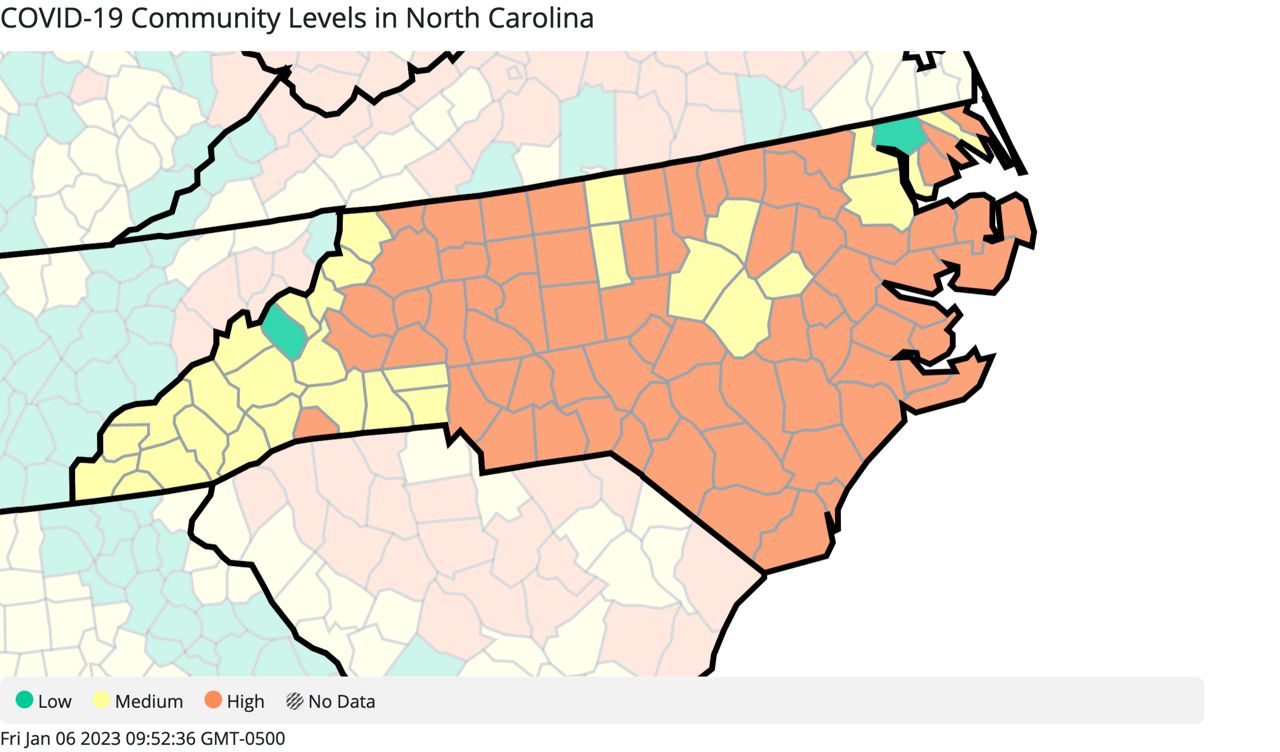
“It’s important to remember we have the tools to be proactive in getting the community level back down. COVID-19 boosters were updated in September and are built to help combat the Omicron variants like we are seeing circulating now,” Campbell said in a statement Friday.
The vaccines and people’s natural immunity are not as effective against the latest variant, Weber said. Natural immunity comes from having had COVID already.
“Recently boosted individuals remain well protected against hospitalizations and death, much better than people who have only had the monovalent boosters, and both are better than people who had just the primary series,” Weber said.
Only about 20% of people in North Carolina that got vaccinated also got the latest booster shot, called a bivalent vaccine, according to the Department of Health and Human Services.
Another problem doctors are running into is that the monoclonal antibody treatments that have been so effective no longer work with the latest variants.
“At the present time, we have no monoclonal antibodies that work against the current variants,” he said. Antiviral COVID treatments are still effective with the new variants — those are the treatments hospitals have been using for the most vulnerable patients during the pandemic.
Weber said he expects to continue to see North Carolina’s COVID numbers increase in the coming weeks.
“Over the next several weeks, with this increased cases, I do recommend one should consider wearing a mask, a surgical or medical mask, outside your household bubble,” he said.
It’s hard to predict what the future will bring with COVID, Weber said. But based on three years of experience with the virus now, he said there will likely be new variants and subvariants. The changing nature of the virus may mean people need to get something like an annual vaccine booster to protect themselves from COVID.
“COVID remains – for 2020, 2021 and 2022 – the third leading cause of death in the United States, substantially ahead of things like motor vehicle crashes and gun violence, but behind cancer and heart disease,” Weber said.





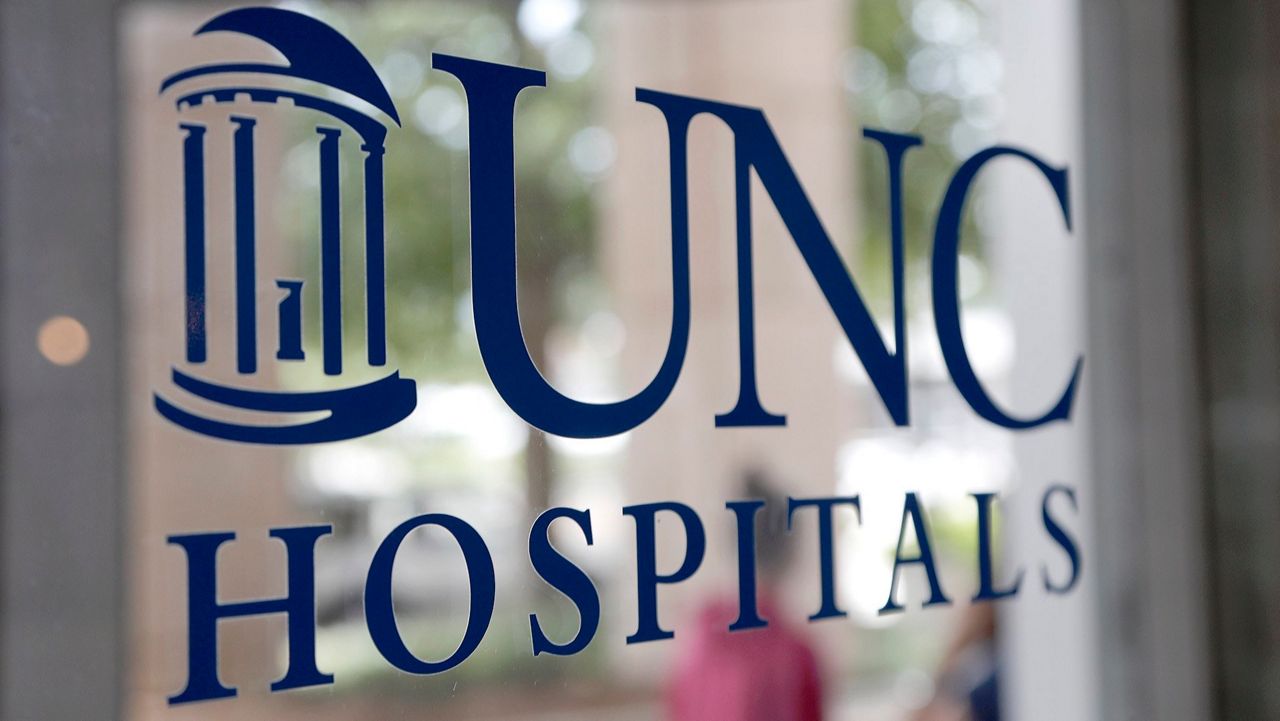
)
